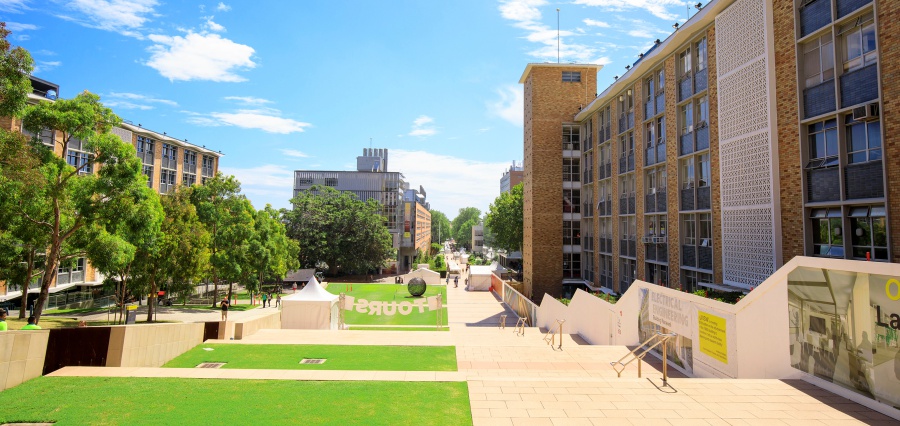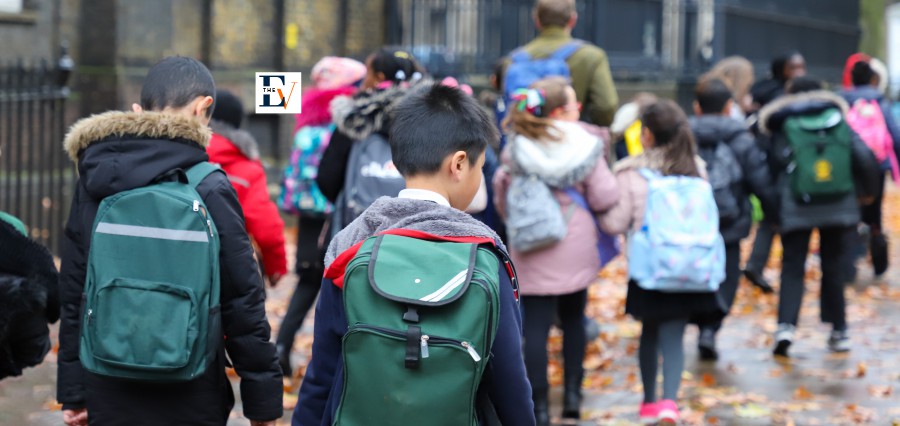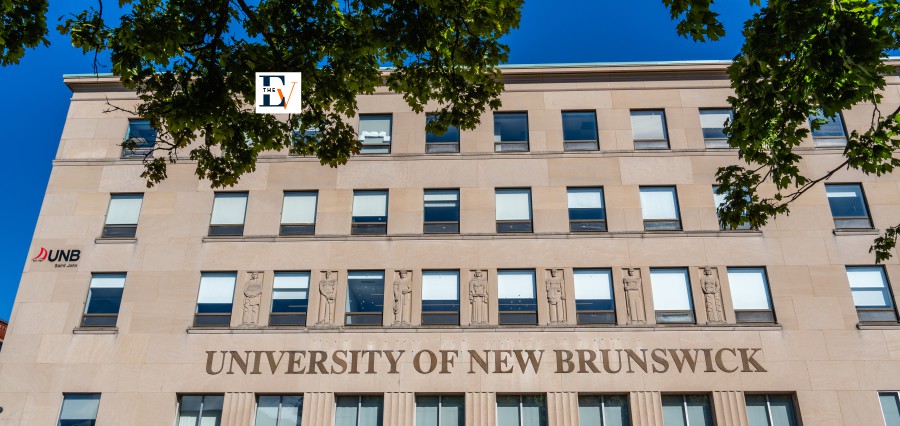Cultivating Global Citizenship
Australian high schools are encouraging students to think about more than their immediate surroundings, embracing a broader view of the world and their place within it. In such a setting, the institutions equipped with globally focused curricula, cross-cultural experiences, and values-driven education prepare students for an increasingly internationalized world that is keen on making people aware and understanding. This commitment aligns with nurturing a sense of global citizenship—that is, the mindset that fosters empathy, flexibility and commitment to building a better world across cultures.
Intellectual curiosity and cultural awareness are encouraged through programs such as the International Baccalaureate (IB) and language immersion in Australian schools. These are not academic exercises but pathways that enable students to explore global perspectives.
Exchange opportunities and international partnerships make community service programs better able to explain the world’s persisting dilemmas to the student, fostering a sense of global responsibility and empathy. Preparing students for their integrally interlinked future with everybody else’s future, these Australian high schools instill values and skills for global citizenship which includes he values of being able to identify and respect diversity and knowledge that gets constructed in such cooperation.
Global Curricula and Cultural Exposure
Many Australian high schools provide curricula that expand the international perspective of their students. Institutions across the country provide the IB, an education program focused on developing internationally-minded students who consider matters such as human rights, sustainability, and economic equality critically.
Language programs are also significant because institutions encourage learning about Mandarin, French, and Spanish. These provide for a linguistic education with accompanying cultural studies in order to appreciate the nuances and complexity in other societies, an essential skill in effective cross-cultural communication.
Schools develop international awareness beyond the classrooms through hosting both online and on-campus cultural exchange programs and collaborating with overseas institutions. Such exposure helps students engage with contemporaries in other countries, allowing them firsthand contact with different lifestyles and beliefs. Through this exposure, they come to think of global problems with a better-rounded understanding and a sense of preparedness to take part in addressing those beyond one’s local or national spheres.
Community Service and Responsibility in Australian High Schools
Australian high schools aim to incorporate community service and social responsibility in global citizenship. Involvements in local and international service projects help them learn practically what sympathy and responsibility mean. Be it the efforts towards environmental conservations, fund-raising for charitable causes, or volunteering with local welfare organizations, the students are supposed to take up challenges with a mindset geared towards a difference-making approach.
Service activities bring much-needed global aspects to social and environmental issues in light of which students come to realize how actions in their immediate settings could have far-reaching implications globally. The experiential learning process would inculcate values like respect, integrity, and compassion, all of which are necessary in the processes of becoming a responsible leader who values ethical judgments.
Preparing for an Interconnected Future
Besides academics and service, Australian high schools also train students to be adaptable, digitally literate, and interculturally communicative. They encourage independent thinking and collaborative learning in preparation for a world where industries, societies, and ideas constantly intersect. This training thus not only supports individual success but also contributes to building societies that respect cultural diversity and seek cooperative progress.
Conclusion
Australian high schools are brilliant institutions of learning in terms of equipping students as global citizens who care about the challenges in the world. As global citizenship continues to rise in value, the schools would perfect their programs to ensure that students graduate with a mindset and skills that can make a difference in positive ways on a global scale.






